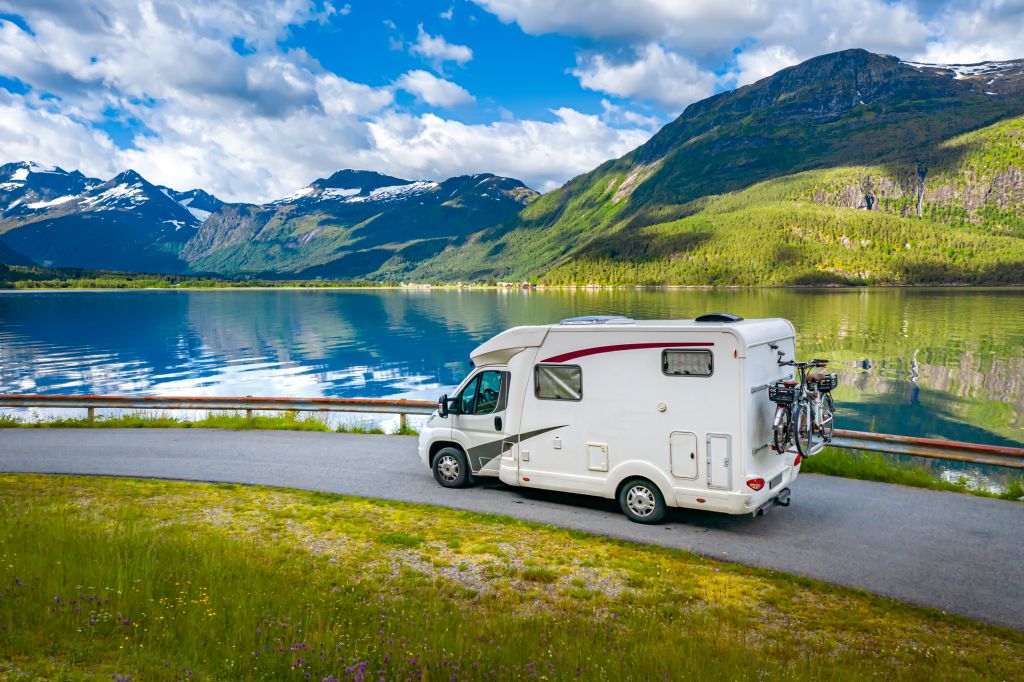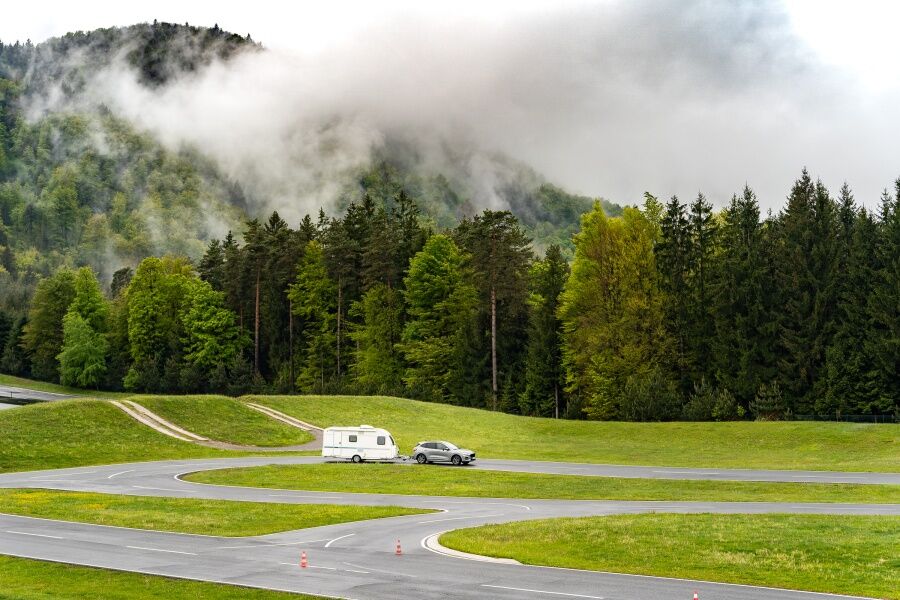Motorhoming and campervanning are becoming an increasingly popular way to travel and spend your spare time. It is therefore relevant to ask how safe motorhomes and campervans are in the event of an accident and how to prevent an accident or at least mitigate its consequences. Compared to the car, the motorhome has some specific features that need to be taken into account when driving, due to its length, width and height.

The most common road traffic violations committed by motorhome drivers
Motorhome drivers tend to forget or overlook certain measures for safe driving. They often overload the motorhome with the luggage and equipment, which changes the vehicle's handling characteristics, affecting vehicle stability, braking distances and the wear and tear on the more stressed parts of the vehicle.
In addition, passengers in motorhomes do not wear seat belts, do not sit in seats designed for travelling, or even lie on beds. The cargo in the vehicle is often not secured or loaded according to the loading rules. Driver fatigue during the journey is also dangerous.
The key to a peaceful and safe motorhome holiday is also proper planning of stops, especially overnight stays, and a general awareness of how to stow valuables and documents in a safe place. It is important to lock your motorhome consistently, even if you are only a few metres away from it.
For overnight stays, we recommend dedicated secure motorhome stopovers
Overnight stays at major motorway rest stops are not recommended. If there is no alternative and the driver is tired, it is still preferable to stop rather than continue driving, but dark areas and parking bays between lorries should be avoided, unless they are designated areas with proper security intended specifically for the overnight use of motorhomes.
During stops, the motorhome or campervan should be locked and any valuables removed from view. Drivers and passengers should not have large sums of cash or valuables. Installing an alarm is also worth considering, as it is particularly useful when parking and leaving the motorhome.
Care should also be taken to properly safeguard items carried on the motorhome, such as bicycles, motorbikes and other holiday accessories. It is not enough to cover them - it is definitely advisable to have additional physical protection (such as a chain or a lock).

Obey the rules and make sure you get enough rest!
Motorhome users are further advised to adequately prepare for their journey. And above all, when driving a motorhome, the same applies as when driving any other motor vehicle: obey the road rules, adjust your speed to the speed limits, the road conditions and your own skills and comfort.
Start your journey rested, with your vehicle properly loaded, and the load properly secured. While driving, the driver should not do anything that impairs his or her visual or auditory perception. This includes talking on the phone, looking for directions on navigation devices, eating and drinking, etc. Stop and do all these activities safely. At the first sign of fatigue, stop, rest and refresh before continuing on your way. Never drink alcohol when driving.


